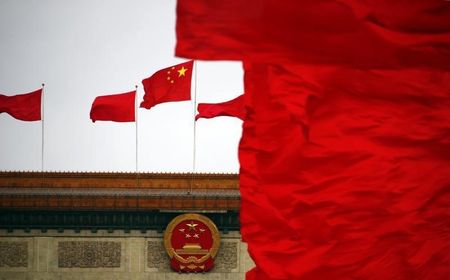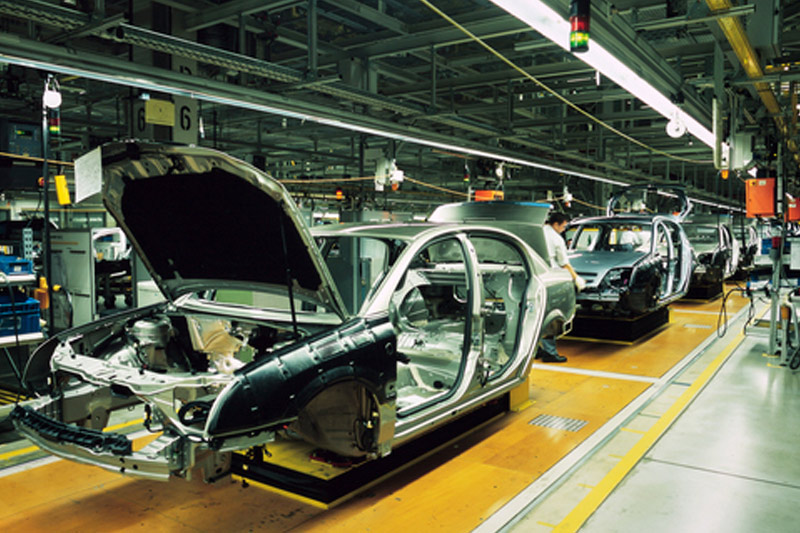FRANKFURT/SHANGHAI (Reuters) - Three German car parts suppliers have been told by China they can no longer manage their Chinese units independently but need to form partnerships with local peers, the chief executive of auto parts maker ElringKlinger (DE:ZILGn) told a German paper.
"The Chinese state has told several (German car) suppliersthat they are no longer allowed to operate their Chinese subsidiaries on their own but only as part of a joint venture inthe future," Stefan Wolf was quoted as saying by the StuttgarterZeitung.
He said he knew of three companies that now needed to look for a Chinese partner, but did not say which, adding ElringKlinger was not affected.
"If that were to happen, it would be an attack on intellectual property. 50 percent of the company is being taken away - this, effectively, is expropriation," Wolf said.
"I believe this is an attempt to make up leeway in terms of know how and innovation."
German auto parts maker Robert Bosch GmbH's [ROBG.UL] China unit said it has not received any notification from Chinese authorities with regard to changes of foreign investment policies related to the automotive component industry.
"We believe that foreign investment will continue to play a vital role in China's economic development and foresee improving investment environment of fairness and open competition in China," Bosch said in an e-mailed statement.
Continental (DE:CONG), another major German automotive supplier, could not immediately be reached for comment at its headquarters. The China units of U.S. engine maker Cummins Inc (N:CMI) and France's Faurecia SA (PA:EPED) said they're not aware of any policy changes.
Chinese investment bank China International Capital Corp said in a report on Monday that the Chinese government, which has the power to approve foreign investments, will more likely urge foreign component makers to "voluntarily" seek Chinese partnership during the approval process, rather than make drastic policy changes in the short term.
Currently, foreign automakers must form joint ventures in China to make cars locally, but overseas component makers are not subject to any ownership requirements.
Earlier this month, the European Union Chamber of Commerce in China expressed concern over a recent series of antitrust investigations, saying China, the world's largest car market, was using strong-arm tactics and appeared to be unfairly targeting foreign firms.
At the time, the chamber said it had "received numerous alarming anecdotal accounts from a number of sectors that administrative intimidation tactics are being used to impel companies to accept punishments and remedies without full hearings."
The auto sector has been put under scrutiny from China's National Development and Reform Commission (NDRC), which has investigated car companies amid accusations by state media that global car makers are overcharging consumers.
"The Chinese state is noticing that 50 percent of the automotive world is taking place in China and that its manufacturers are not benefiting accordingly," ElringKlinger's Wolf told the paper.
European car brands including Volkswagen AG's (DE:VOWG_p)Audi, BMW (DE:BMWG) and Mercedes-Benz (DE:DAIGn) are scrambling to lower prices for new cars and spare parts in an effort to appease Chinese regulators who have accused some of them ofanti-competitive behavior.

European and U.S. manufacturers are eager to increase their footprint in China, now the world's largest car market, but have been limited to owning 50 percent or less of joint venture companies run together with Chinese state-owned enterprises.
(Reporting by Christoph Steitz, Edward Taylor, Andreas Cremer in FRANKFURT and Samuel Shen in SHANGHAI; Editing by David Evans and Kenneth Maxwell)
